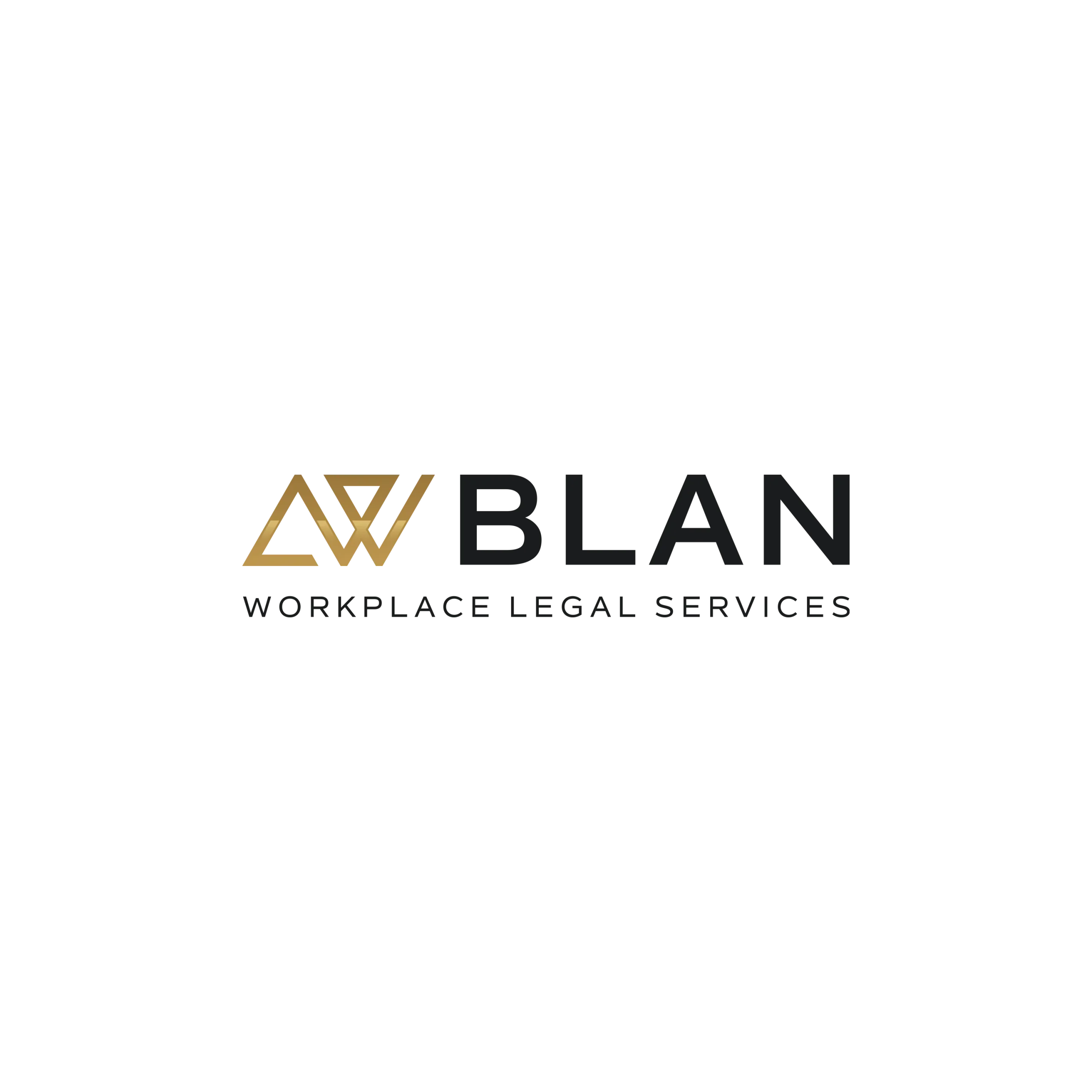The Importance of Independence in Workplace Investigations: Best Practices for Fairness and Objectivity
When it comes to workplace investigations, independence is a legal, contractual, and ethical necessity. A lack of impartiality can compromise the credibility of the investigation, undermine employee trust, and expose your clients to significant legal risks.
But what does “independence” truly mean, and how can investigators ensure fairness and objectivity throughout the process? First, let’s break down why independence is important in investigations.
Why Independence Matters
An independent investigation is essential to ensure:
- Legal Compliance: Title VII and the Fair Employment and Housing Act (FEHA) require employers to address complaints of harassment, discrimination, and other workplace issues fairly. Independence strengthens your defense against legal challenges.
- Workplace Trust: Impartiality reinforces company policies and shows employees that their concerns are taken seriously.
- Objectivity in Findings: Investigations based on facts not personal biases or conflicts of interest—are more credible and defensible.
The Association of Workplace Investigators (AWI) Principles emphasize that an investigator’s primary goal is to uncover the truth while maintaining fairness for all parties involved. Without independence, this goal becomes impossible to achieve.
How to Ensure Independence
- Follow Ethical Standards
- Attorneys conducting investigations must adhere to professional ethics, such as avoiding conflicts of interest, maintaining confidentiality, and staying objective.
- Educate Stakeholders
- Explain to complainants, respondents, and witnesses that the investigator is independent and impartial. Transparency builds trust in the process and reduces resistance from participants.
The Real-World Impact of Independence
An independent investigation not only protects organizations and businesses from legal challenges but also fosters a culture of trust and accountability. When employees see that workplace concerns are handled fairly and without bias, they are more likely to place trust in their workplaces.
Conclusion
Maintaining independence in workplace investigations is critical to ensuring fairness, objectivity, and legal compliance. By selecting the right investigator and upholding ethical standards, you can protect your organization and strengthen employee trust.
Need help with workplace or campus investigations? Contact A.W. Blan Workplace Legal Services at 916-333-9311 or visit www.workplacelegalservices.com to schedule a consultation.



